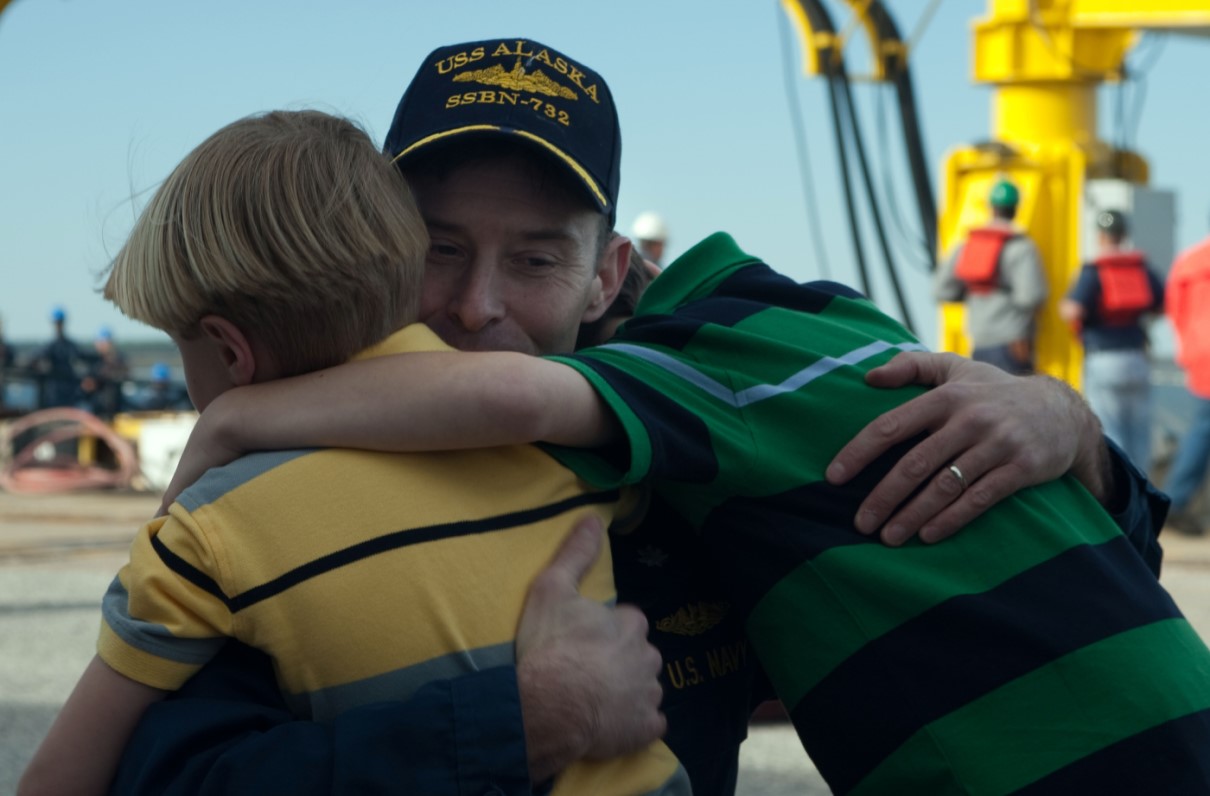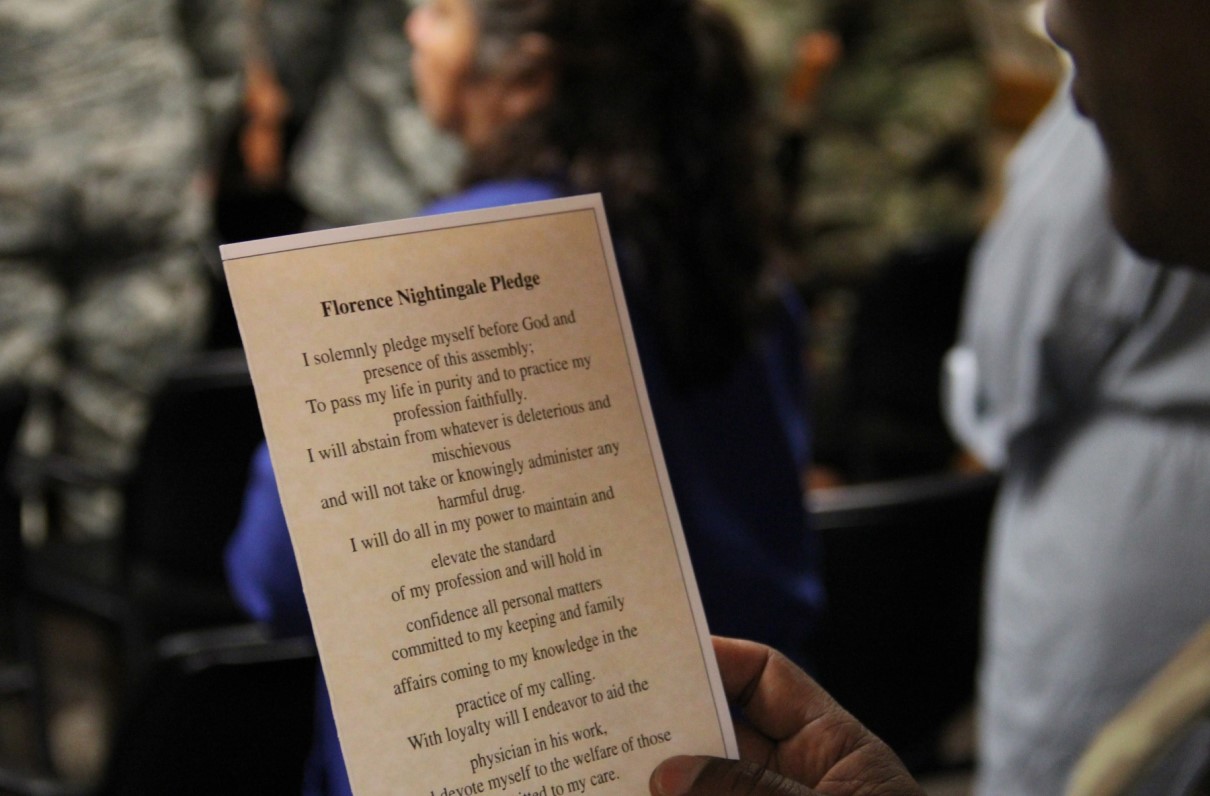By Maggie MacFarland Phillips
Aliens have taken over, and the president is sequestered away in a top-secret underground bunker. People in uniforms are hustling around purposefully, and a general or two are dispensing dire warnings.
We've all seen this action-movie plot. But as a military family member, all I've ever been able to think during these scenes is, Where are the families? If my husband is chairman of the Joint Chiefs in an "Olympus Has Fallen" scenario, I imagine he would have some difficulty effectively executing his job if his wife and children are unaccounted for while major urban population centers are being destroyed.
It might sound far-fetched, but it shouldn't. Data shows servicemembers need to know their families are safe and healthy to properly execute their mission. In a recent Blue Star Families Military Family Lifestyle survey, 52 percent of active duty servicemembers surveyed listed time away from family as one of their top five issues, and 35 percent listed the impact of deployment on their children. The attention paid by both military and civilian leadership to quality-of-life issues in the form of Morale, Welfare, and Recreation programs; mental health resources; and spouse employment initiatives demonstrate an understanding that military families are a component of national security, albeit an indirect one.
But what about when they become a direct component?
If Richard G. Kidd IV, deputy assistant secretary of the Army (Installations, Energy, and Environment) is right, “Installations are no longer sanctuaries.” A U.S. Army Training and Doctrine Command Mad Scientist blog post last year paints a disturbing picture of military installations in the year 2030. Among the scary things that could affect military families living on installations: adversaries altering financial and social media accounts to create confusion as servicemembers worry about themselves and their loved ones instead of the mission; infrastructure surrounding bases being compromised to make road travel hazardous; and weaponized Amazon Prime boxes appearing via drone.
(If you're a military spouse who does as much online shopping during deployment as I do, that last hypothetical is especially chilling.)
So what do we do? First, military family support agencies and departments should make it a priority to attend warfighters and war game and have a seat at the table at Multi-Domain Operations discussions. By contributing their on-the-ground knowledge of military family life to hypothetical training scenarios, these agencies could inform planners' work to identify ways servicemembers could be targeted through their family members. From a practical standpoint, installation service support organizations could offer family members comprehensive cyber protection and operational security classes informed by the latest training scenarios and concepts.
Military planners have to exercise the same serious recognition as our future adversaries when it comes to the importance of military families to mission effectiveness.



